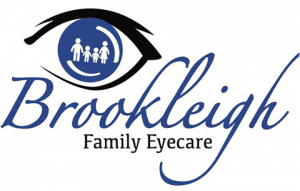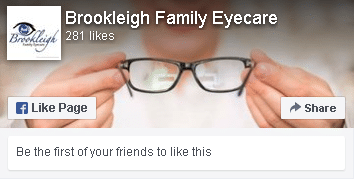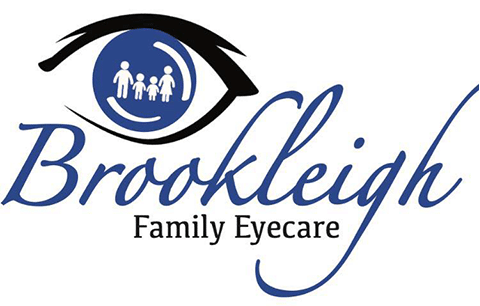Should I Be Worried About Glaucoma?
Your glaucoma risk increases as you age. While not everyone should spend their day worrying whether they have glaucoma, it is good to know who’s more at risk. If you’re over the age of 60, or if you’re of African-American descent and over the age of 40, you should have regular glaucoma screenings. Also, those with type 2 diabetes, hypertension, or a family history of glaucoma must be more alert. If you’re Asian or Hispanic, you may be more at risk, as well. Lastly, if you use steroids or have suffered eye injury in the past, you should schedule a screening. Your eye doctor in Brookhaven, GA, can answer all your questions regarding this degenerative eye disease.
What Is Glaucoma?
Glaucoma is the second leading cause of blindness in the world. It’s actually a group of diseases that cause damage to the optic nerve and lead to vision loss if not properly managed. If you have early-stage glaucoma, you may have no symptoms. This is why it’s so important to have regular glaucoma screenings if you fit into a high-risk group. If you do experience symptoms, they may include:
- Blurred vision
- Hazy vision
- Headaches
- Floaters
- Patchy vision
- Tunnel vision
Talk with your eye doctor if you’re worried about glaucoma. It’s easy to test for and diagnose this condition.
How Does My Eye Doctor Test for Glaucoma?
An ophthalmologist will perform a comprehensive eye exam to test for glaucoma. This includes a series of tests that include:
- Tonometry — uses a brief puff of wind
- Pachymetry — measures the thickness of your cornea
- Perimetry — measures your peripheral vision
- Dilated eye exam — allows your ophthalmologist to see your optic nerve up close
- Gonioscopy — measures the angle between your iris and cornea
There is currently no cure for glaucoma, but this condition is easily managed to prevent further vision loss. Schedule a glaucoma screening in Brookhaven, GA, today by calling Brookleigh Family Eyecare.





